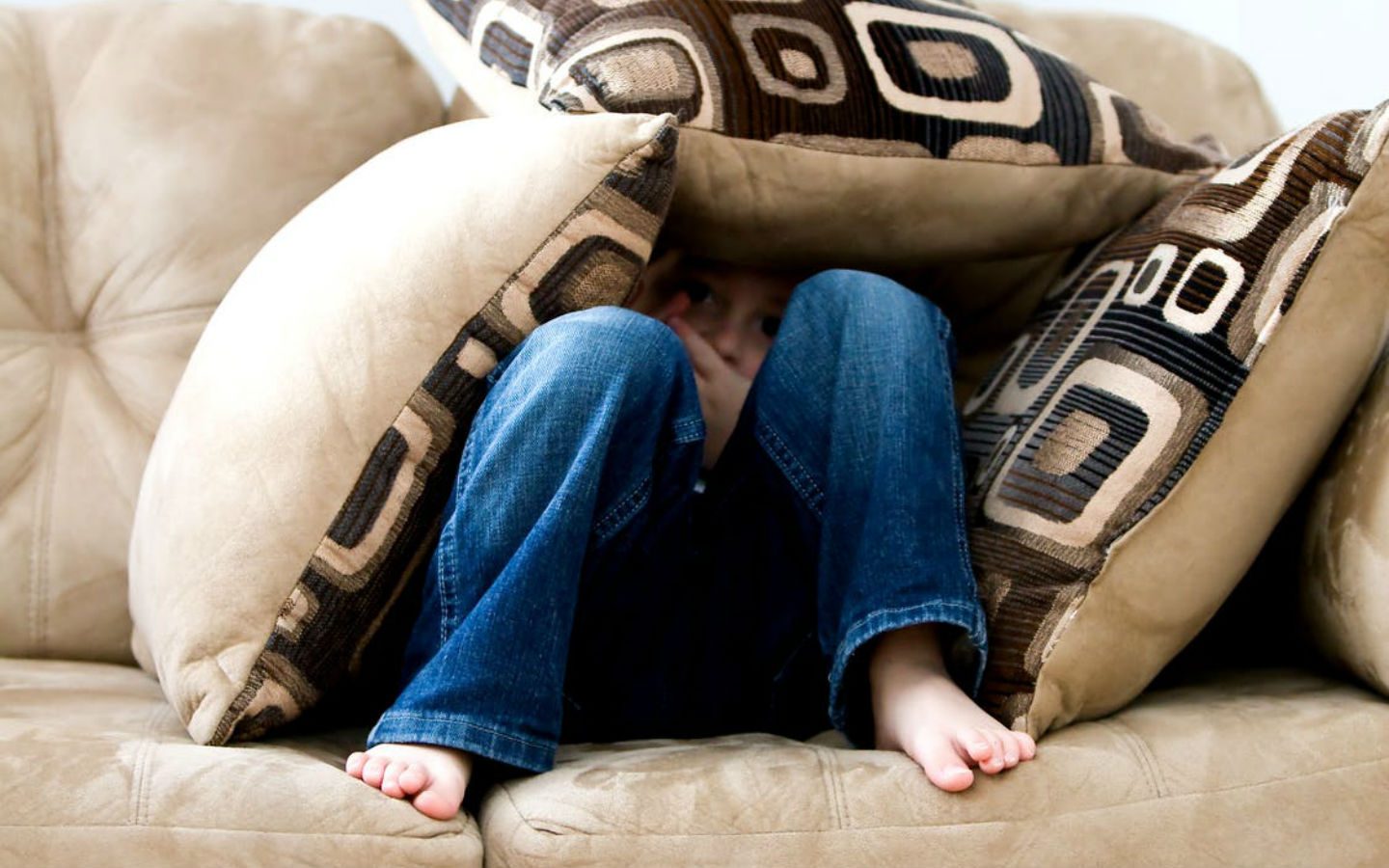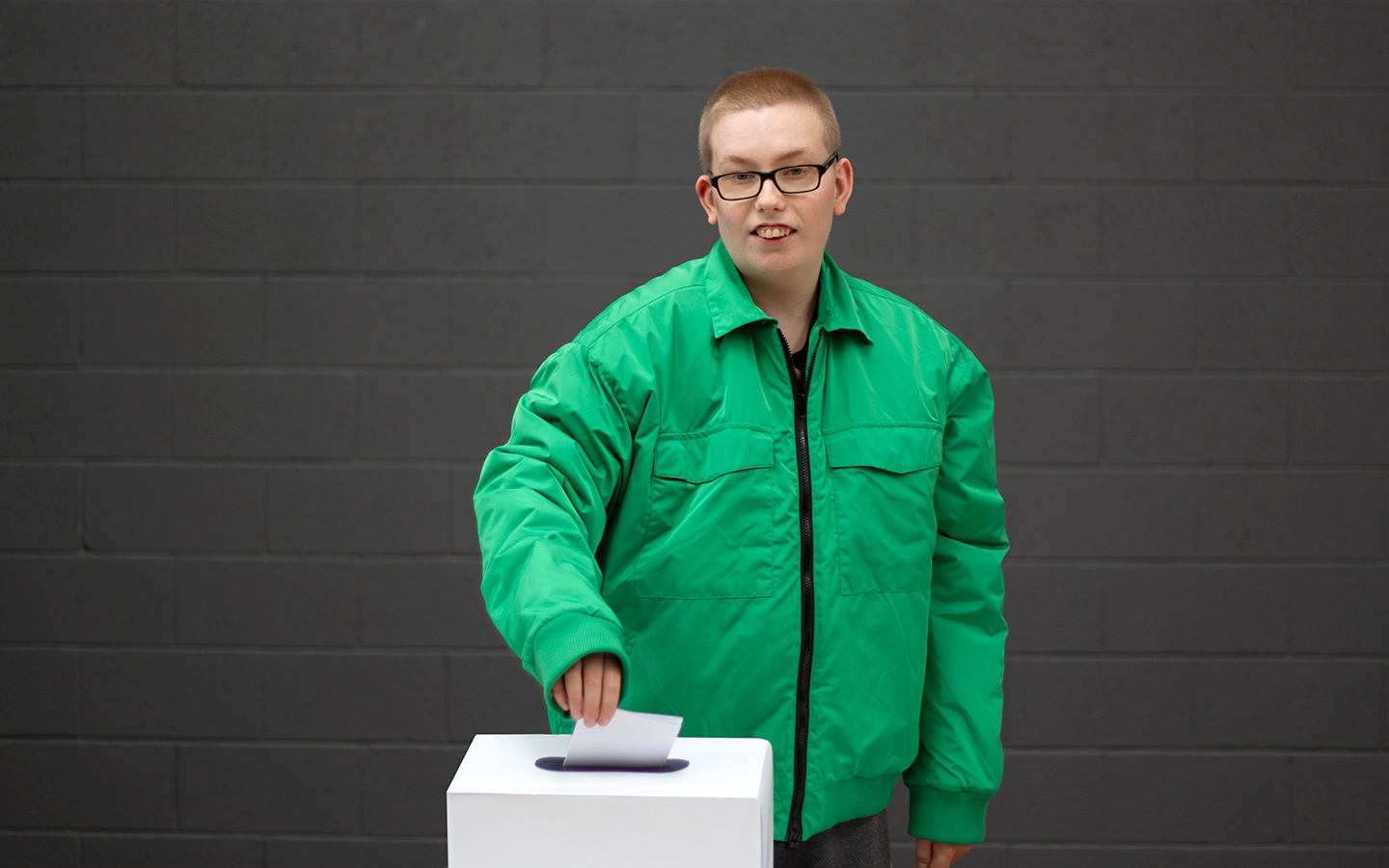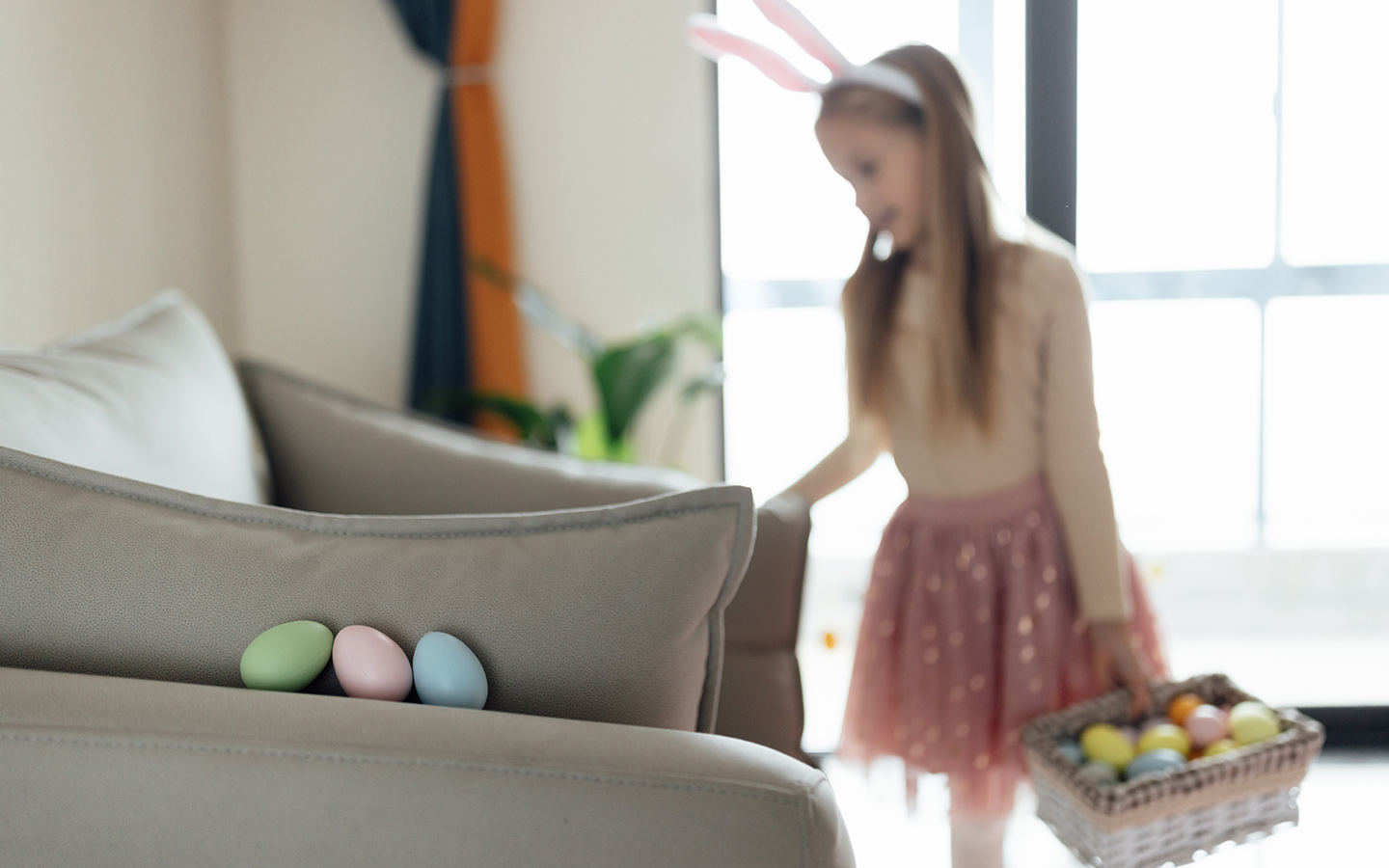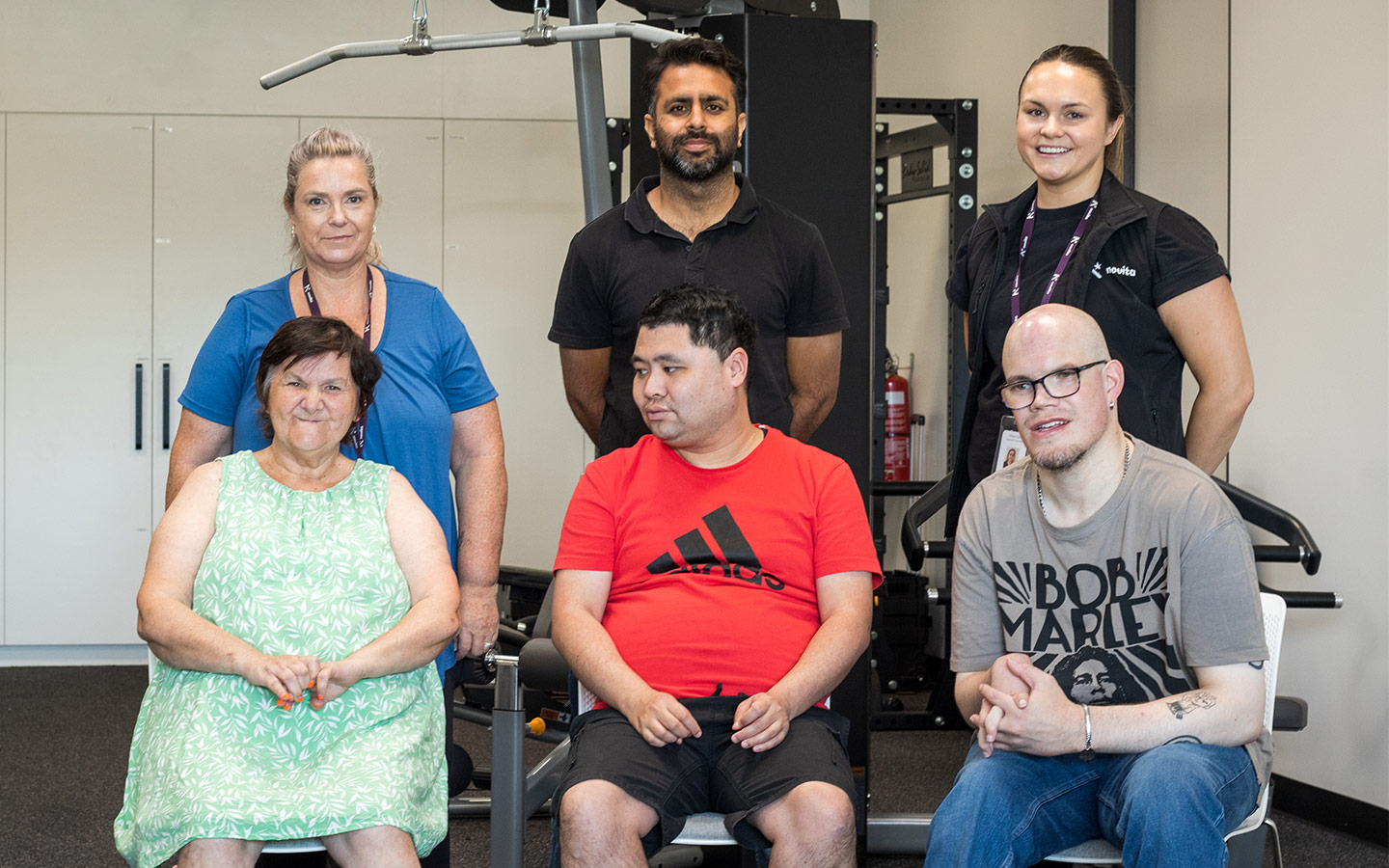Helpful Information
Fear and anxiety
access_time10min read

Most kids get scared or anxious sometimes. This page has tips on how to identify if your child is scared or anxious and some of the things you can do to help them.
What is fear?
Fear is a normal reaction to the threat of danger, pain or harm. You can feel fear in your body and mind.
Your child might:
- have a thumping heartbeat
- have jelly legs
- feel breathless
- feel like they’re under threat, even when there’s no “real” danger
- exaggerate what they think is a threat.
All these things feel bad, so your child will try to avoid whatever has made them feel fear to stop it happening again, which can mean they miss out on fun experiences.
What does fear look like in kids?
Physical signs of fear:
- fast breathing
- fast heartbeat
- sweating
- tummy pains
- shaking and trembling.
Behavioural signs of fear:
- avoiding situations
- clinginess
- crying, screaming
- tantrums
- asking lots of questions and repeating questions
- fidgeting more than usual
- doing lots of checking up on things
- repeating behaviour over and over
- insisting on keeping to a particular routine.
Which kids feel fear?
All kids feel fear at some point. Every child is different and some are more likely to experience fear than others. How they feel fear is also different. Some will feel really sick and scared, others will be able to stay calm.
When kids are likely to feel fear:
- if they’re having a major operation or medical procedure
- during big changes like starting kindy or school
- thinking about something bad that happened in their past
- thinking a lot about the future and what might happen.
Some health conditions can also make your child fearful.
What can I do to make my child feel better?
There’s lots you can do to make your child feel better when they’re fearful or anxious such as:
- talk to them about their fear so they know what it is and why they feel sick or anxious
- watch your child’s reactions and talk with all the people involved
- talk with your child about different ways of managing their reaction to fear
- explore what might be the cause of their fear
- have a chat with a psychologist or paediatrician if you need more advice or help.
Most kids can learn to manage fear without needing medical treatment.
If you would like information or free advice, speak to someone in our friendly team on 1300 NOVITA (1300 668 482) or visit our Contact Us page for more ways to get in touch.


